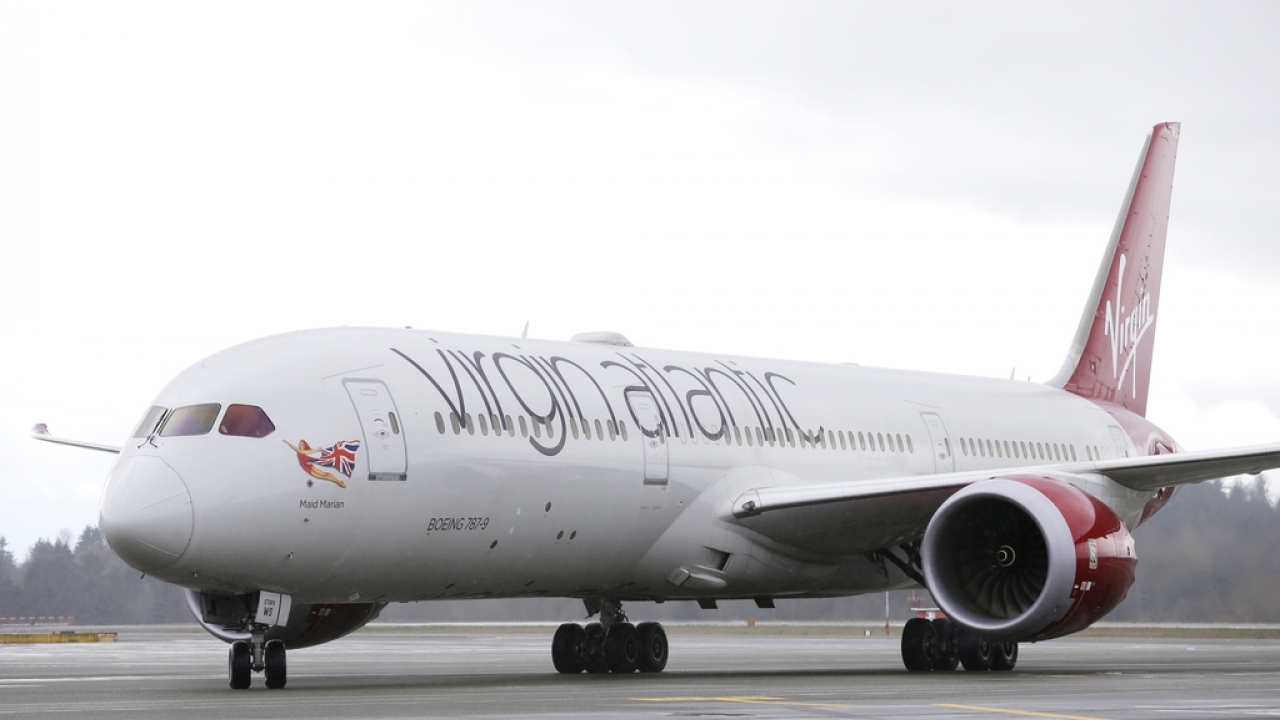
US greenhouse pollution climbed in 2021, thanks to fossil fuel use
EPA research shows that as the U.S. recovers from the pandemic's effects, it's been burning more fossil fuels.
LEARN MOREThe U.S. Department of Energy says sustainable aviation fuel can help reduce carbon emissions from flights by up to 70%.


In a speech Friday, United Nations Secretary-General Antonio Guterres called for a permanent end to the use of fossil fuels.

Calls to phase out fossil fuel use are growing louder as the United Nations meets for the COP28 climate conference.

Saudia Arabia and other OPEC countries plan voluntary cuts in the oil supply that will reach into next year, in an effort to prop up prices.

40% of engagements take place between Thanksgiving and Valentine's Day, according to industry experts.

CBP officials say the Tucson area, including Nogales, is already seeing the highest number of migrants coming into the country.

25 million U.S. students use diesel-powered school buses daily, prompting debates on cleaner alternatives.